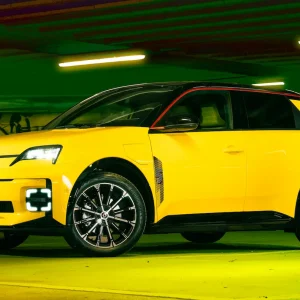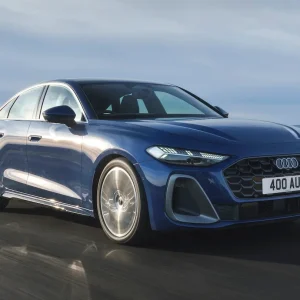All volume car manufacturers want higher residual values plus higher sales, but simple economics should tell them they can’t have it both ways.
I love it when carmakers try to defy the simple laws of economics. Here’s a reported quote from PSA chairman, Christian Strieff: “We must expand our presence in the corporate fleet markets and to do that we must protect the residual value.”
Well, I hate to tell you this Monsieur Strieff (particularly since you have rather more experience at running big companies than me) but those two intentions are mutually exclusive. You can either expand your presence in the corporate fleet markets or you can protect your residual values: but you can’t do both.
Of course, PSA Peugeot Citroen is no different from any other volume carmaker in this regard. Above all else, residual value is dictated by the law of supply and demand. If you expand your sales to business car fleets then supply to the used car market in three years’ time will rise and values will fall.
The only way around this problem is to significantly increase used car demand by transforming the image of Citroen and/or Peugeot models to the point where they become semi-premium brands. As a result, you acquire desirability over and above your immediate rivals in the market.
This is the holy grail of volume carmakers. It is what Ford has achieved with the S-max and what it is trying to achieve with new Mondeo. But, in both instances, it is restricting supply and concentrating on the retail customer, not the business car user.
|
“Above all else, residual value is dictated by the law of supply and demand. If you expand your sales to business car fleets then supply to the used car market in three yearsâ?T time will rise and values will fall.” |
|
Rupert Saunders |
There has been a similar shift of strategy over at Vauxhall where the long term aim has been to increase the retail appeal of the product. It seems to be working, not least because of the success of the new Corsa which has all the qualities private customers are looking for – good looks, spacious interior, low running costs.
Every couple of years the volume players declare they are “pulling back from short-term and unprofitable fleet business” in an attempt to shore up residual values. But then market share begins to slip and corporate pride takes over; it is a rare manager who will face down his bosses (and shareholders) over falling sales.
I believe we are about to reach that tipping point in the UK market. For the moment, against all the odds, new car sales are up (see table) and private buyers are back in the market (Vauxhall retail sales are up 20% year-to-date). There is no pressure on corporate sales to do fleet business.
Can this last? The economic forecast is not good and consumer demand across all retail sectors is expected to weaken. Just as important, Vauxhall is closing down Ford as the UK market leader (and outsold Ford in three summer months). Is the Ford team going to sit there and let that happen? I think not. Quite soon, corporate pride will kick back in. With Ford, Vauxhall, Peugeot and Citroen (not to mention Volkswagen, Renault and Toyota) all chasing business car sales we could rapidly move to over-supply. At which point, I have no doubt, residual values will suffer.





